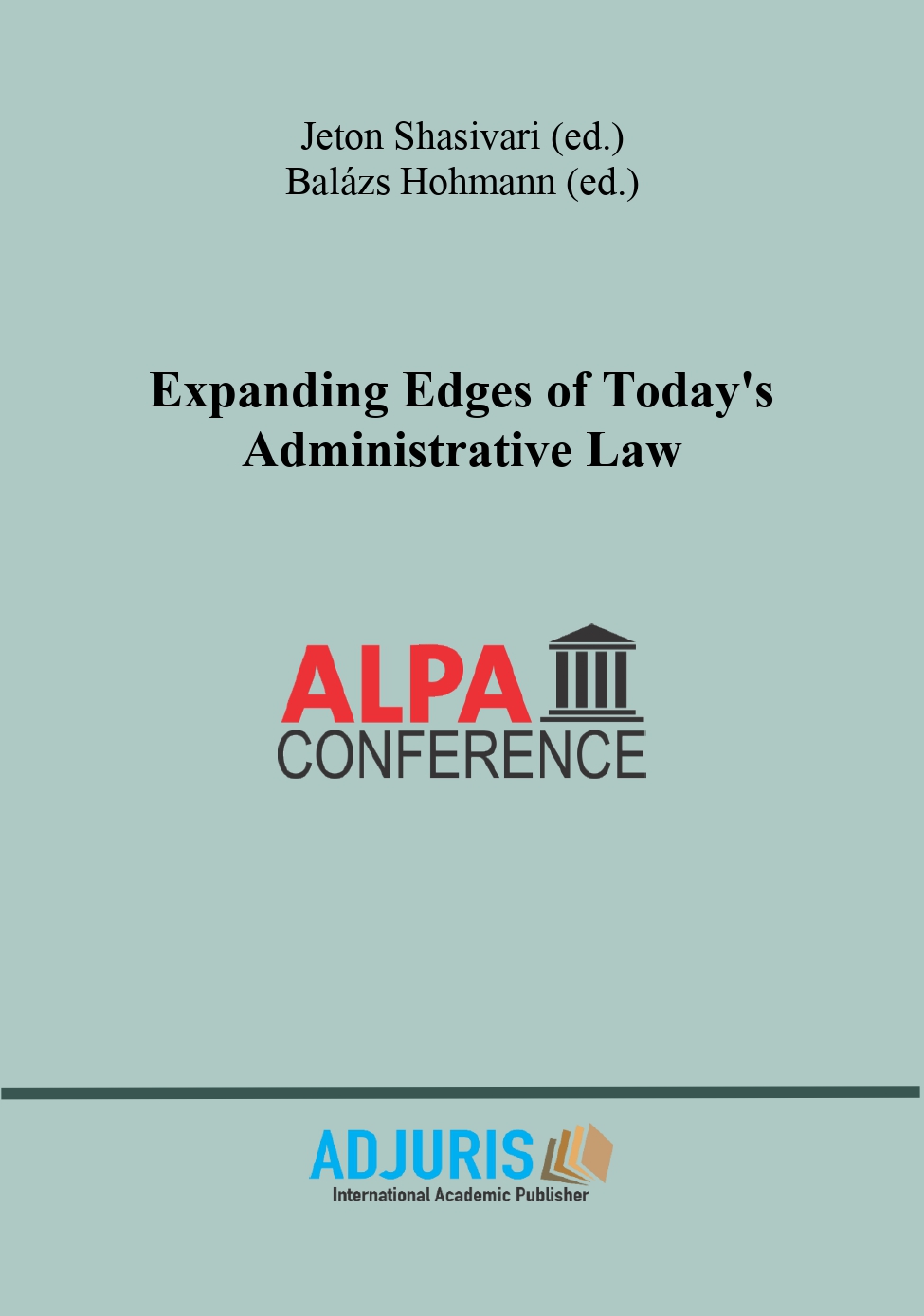North Macedonia looking for the “best electoral geography” for the parliamentary elections-controversies and perspectives
North Macedonia looking for the “best electoral geography” for the parliamentary elections-controversies and perspectives
Author(s): Jeton Shasivari
Subject(s): Politics / Political Sciences, Politics, Law, Constitution, Jurisprudence, Constitutional Law, Electoral systems
Published by: Societatea de Stiinte Juridice si Administrative
Keywords: election law; voting; proportionality of the electoral model; electoral system; electoral constituencies; political scene;
Summary/Abstract: The right to vote is a constitutionally guaranteed right of citizens to elect representatives and to be elected to the representative bodies of a given state. As a subjective public right, the right to vote is a way of indirect participation of citizens in the political life of the state. The main difference between the electoral models, which in itself is based on the legal and political dilemma of which electoral model is best, is directly related to the proportionality of the election results. In this regard, proportional electoral models more reliably reflect the political mosaic of a given society within its parliamentary structure. Therefore, in the electoral literature, it is usually emphasized that the ratio between the votes and the mandates won is provided more in the proportional electoral models than in the majority electoral models. However, the main dilemma is related to the research question of how proportionate is the proportional electoral model and what are the main factors that affect its proportionality. Therefore, with this paper author by explanation of the electoral system of North Macedonia, using: legal interpretive methods, statistical and comparative methods as well as the method of simulating of the election results with one constituency of the last five parliamentary elections in this country (2008, 2011, 2014, 2016 and 2020) held according to the proportional electoral model with six constituencies, will focus on the specific analysis of recent requirements of small political parties for reforming the electoral system with a single constituency, analyzing the advantages and disadvantages of such an electoral reform, taking into account the lessons from the experiences of countries in the region such as: Kosovo and Serbia that implement this electoral system.
Book: Expanding Edges of Today's Administrative Law
- Page Range: 163-195
- Page Count: 33
- Publication Year: 2021
- Language: English
- Content File-PDF

